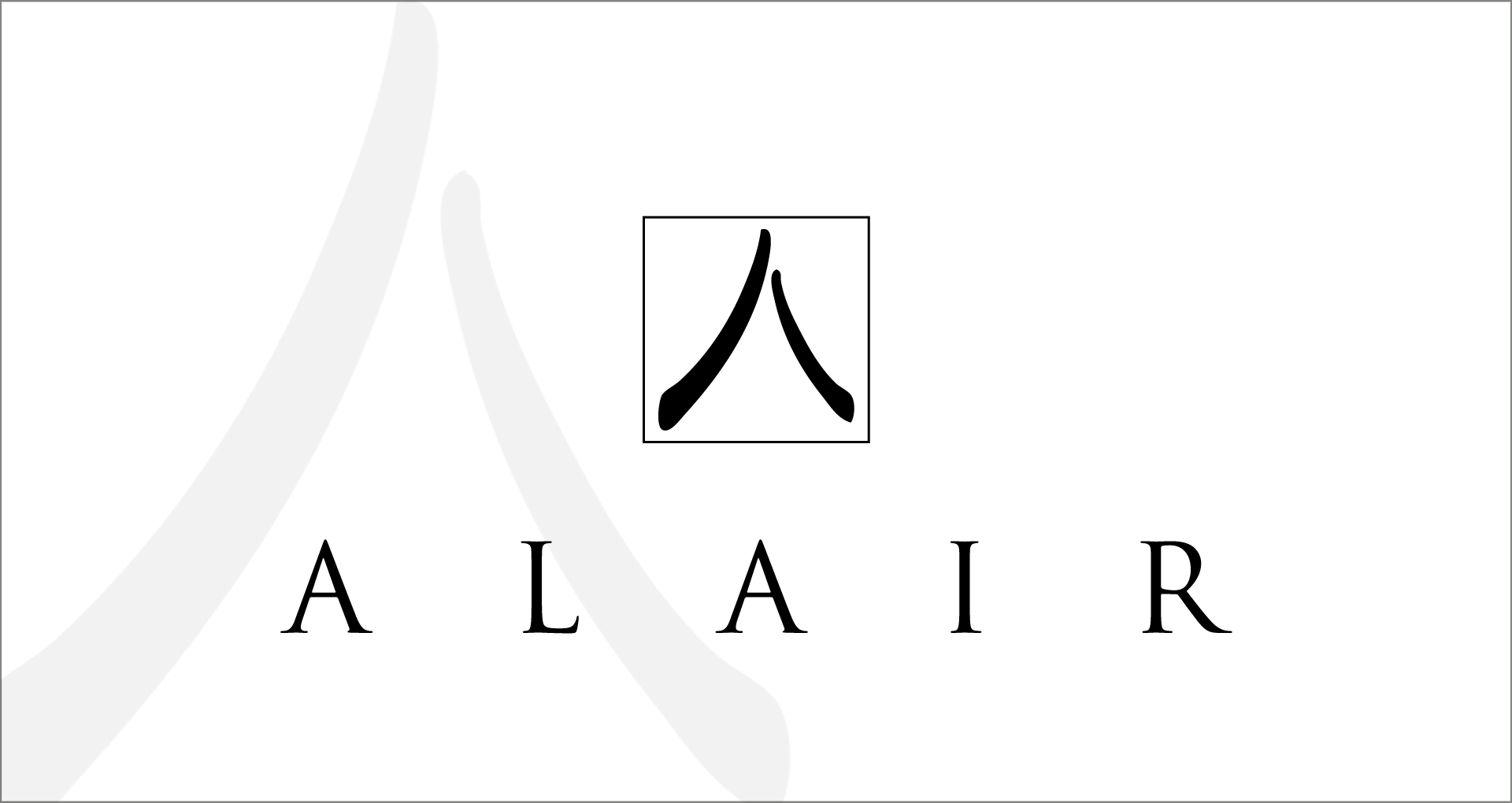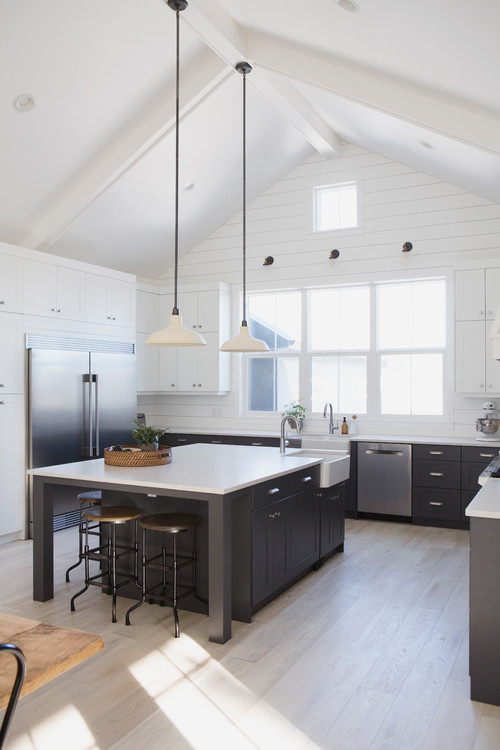With so many choices for flooring in the kitchen, it might be hard to choose when the field of options seems wide open. As you search for the right kitchen flooring option for your custom home, it’s common to feel overwhelmed. Some options offer distinct advantages and disadvantages. Understanding them can help you to narrow down your selection, and ultimately, make the best pick.
Hardwood
Advantages: Floors made from actual wood resonate with practically everyone. They last for decades, especially those made from hard woods like oak and maple. For the most part, they’re easy to take care of, requiring just a quick sweep and wipe with a damp mop. The floors are resistant to scratching, although large dogs or those with sharp claws may scratch them.
Disadvantages: They’re expensive to purchase and install. Some have high loads of volatile organic compounds (VOCs), a gas that comes from the products used to stain, seal and finish them. Over time, the VOCs will diminish, but when the floor is new, the gases may cause mild to moderate physical distress.
Concrete
Advantages: Concrete floors for custom home kitchens make a lot of sense. They can be anything you want them to be, from muted to bright and colorful. They don’t necessarily need a design, but often do incorporate one. It can be anything from an interesting pattern to a unique graphic. Concrete floors are extremely durable and easy to clean and maintain. When concrete floors are finished with low VOC finishes, they are environmentally-friendly and promote good indoor air quality.
Disadvantages: Concrete floors are best used with slab-on-grade construction, although they can be poured on top of a subfloor over a ceiling.This flooring choice is also considered cooler, so it may be more appropriate for warmer climates. The addition of radiant heating helps to resolve this concern.
Sheet Vinyl
Advantages: Because it’s seamless, a sheet vinyl floor works well. Today’s vinyl comes in a wide variety of colors, textures and designs. Thanks to digital images and printing, it’s hard to tell if sheet vinyl is the real thing or an imitation. You can find just about any design appropriate for floors, like faux-bricks, lawns, forest floors, stone and tiles and simpler classic designs and patterns.
Disadvantages: Compared to concrete floors for custom home, vinyl floors rip, tear and dent more easily. If they’re textured, they can be difficult to clean. Like hardwood, vinyl floors emits VOCs,
Laminate
Advantages: A laminate floor gives you a wood-like look without the product or labor costs. Laminate comes in different colors, shapes and wood grains. It’s easy and fast to install, and maintenance is minimal.
Disadvantages: While laminate flooring works fairly well throughout the house, it’s not always the best choice in wet areas like kitchens and bathrooms. Should a pipe break or a sink flood, the water will seep under the flooring, where it could cause significant water damage.
Tile
Advantages: Ceramic and porcelain tile is a classic choice for kitchens. It’s easy to clean and available in a variety of colors, textures and designs. Given its widespread use, the product is affordable, and installation is cost effective too.
Disadvantages: Over time, dirt can stain the grouting between the tiles, which requires tedious cleaning. Glassware breaks easily when dropped on a tile floor, and the tiles themselves can crack if the subfloor isn’t level. When you want to change the flooring, tile is exceptionally difficult and dirty to remove.
Bottom Line
Choosing the best kind of floor for your custom kitchen is a matter of personal taste, budget and practicality. The professionals at Alair Homes Regina are here to help. Contact us to discuss your home renovation and schedule your complimentary, no obligation consultation.

